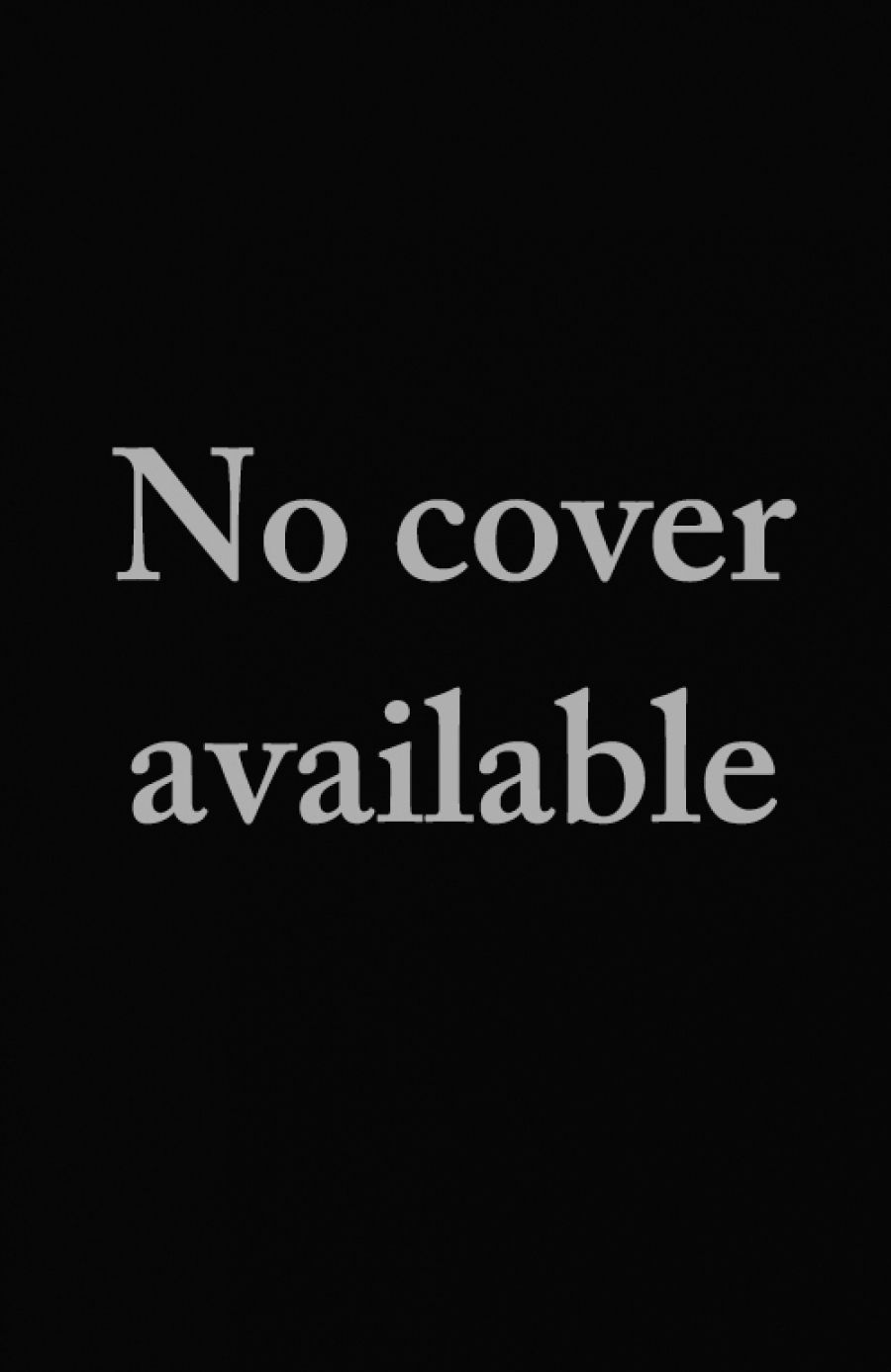
- Free Article: No
- Contents Category: Journal
- Review Article: Yes
- Online Only: No
- Custom Highlight Text:
The American poet William Carlos Williams often admitted how much he owed to the ‘little magazines’ that first published him. As they lapsed in and out of existence, he regarded them all as essentially the one publication and was grateful for the lifeblood they gave his (at first unpopular) writing. It is to be hoped that Australian literary magazines of various political shades and aesthetic proclivities, from Quadrant to Overland, are doing something similar. Indeed, when so much else is in flux in the publishing world, it is amazing how enduring Australia’s top literary magazines have been, despite their often small subscription lists. Even Island magazine, which is something of a junior compared to Meanjin, Southerly, and Westerly, has been around for twenty-seven years. Space: New Writing, on the other hand, has just appeared in its third number. To judge from the best material in the current issues of both magazines, Australian literary culture is not being ill-served here. If not everything is of equal interest (how could it be?), there is plenty of satisfaction to be had in both.
- Book 1 Title: Space
- Book 1 Subtitle: New Writing, No. 3
- Book 1 Biblio: Whitmore Press, $19.95 pb, 182 pp
- Book 2 Title: Island 105
- Book 2 Biblio: Island Magazine, $11.50 pb, 144 pp
- Book 2 Cover Small (400 x 600):

- Book 2 Cover (800 x 1200):

- Book 2 Cover Path (no longer required): images/ABR_Digitising_2020/March_2020/No Cover Available.jpg
Like many literary magazines these days, Island 105 is, at least partly, thematic. Its first half is entirely concerned with Antarctica. There is not only theoretical discussion and first-person memoir by visitors, but also a considerable amount of poetry and fiction that is set there – or about it, in some way. Literary critic Elizabeth Leane is surprised by how seriously her scientist fellow-voyagers take her project of examining and theorising about the now-considerable literature devoted to the continent. The adventurer Eric Philips describes being pinned down in a four-day blizzard. Marcus Howard gives a dry but important summary of the surprisingly effective international conventions over the region.
The fiction and poetry serve to increase the diversity. ‘Melting Ice’, a story by the New Zealand novelist Laurence Fearnley, offers a good sense of what a female scientist must sacrifice if she is to make some aspect of Antarctica her life’s work. Bernadette Hall (also from New Zealand) plays more delicate and obscure games in her extract from ‘Sul: A Romance’. Craig Cormick, from Canberra, thoughtfully re-examines an ice-breaking episode from one of Cook’s voyages. The poetry includes a longish sequence by Adrian Caesar (well known for his creative non-fiction book set in Antarctica, The White [1999]), a short but mordant satire by New Zealander Bill Manhire, based on the visitor’s book at Shackleton’s Hut, as well as a suitably minimal and hermetic poem by Bernadette Hall, ‘Fissure’. Sensibly, the second half of the issue is devoted to fiction, poetry and reviews, without thematic restraint. There is an informative assessment by Adrienne Eberhard of a book that overlaps her own notable livre composé, Jane, Lady Franklin (2004). There are short reviews by the West Australian Kevin Gillam, of recent Australian poetry collections and verse novels. In addition, we have Tim Thorne’s relieved approval of Chris Edwards’s playful mistranslation of Mallarmé’s ‘Un coup de dés’.
The poetry in the (non-thematic) second half is, as always with Island, a generous selection of both mainland and island poets, with several well-established figures such as Stephen Edgar and Chris Wallace-Crabbe, and space reserved for emerging poets such as Paula Green and Robin Mathison. There is a New Zealand ingredient here, as well, with James Norcliffe’s memorable poems, ‘The Empress Cixi Among the Lotuses’ and ‘Errol Flynn at Battery Point’.
Space: New Writing is a rather different sort of magazine from Island, despite its having a number of contributors in common. Though this issue presents no editorial manifesto, it is clearly interested in literal space (as perceived and represented by visual artists) and in cultural space (as contested by groups of poets and fiction writers).
The subtitle, New Writing, is nicely ambiguous. There is certainly some avant-garde fiction, such as Gregory Day’s ‘The Heavenly Morning along the Roads’ and Fiona Hile’s somewhat surreal story, ‘The Man in the Glass Container’. By contrast, there are also quite traditional stories such as John Cameron’s morally ambiguous ‘Jerrod’s Gift’ and Alex Skovron’s ‘Marking Time’, a powerful story about friendship and exactly what we might owe those rare teachers who made a difference to our school days – and, thus, the rest of our lives. Fittingly, to this reviewer at least, Space also gives proper allowance to poetry, often using two or three poems by one poet, with a judicious mix of well-known and unknown names. It is hard to pick the standouts here, but they would certainly have to include Stephen Edgar’s ‘ Golden Coast’, Paul Kane’s ‘For My Father Dying’, Dorothy Porter’s ‘The Bee Hut’, Judy Johnson’s ‘Self-portrait’, Peter Bakowski’s ‘Autobiographical Poem’, and Peter Rose’s intriguingly oblique ‘Antiquarian’. Space also features a small number of academic articles and reviews, most notably Amanda Johnson’s innovative piece of art theory about roads in Australian art, ‘Perspectives to Nowhere’, and Madeleine Hamilton’s sociological piece on the ‘playmates’ in Playboy magazine, back in the 1950s. Lisa Gorton also carefully reviews two Melbourne autobiographies: Kate Holden’s heroin-and-prostitution memoir, In My Skin (2005) and Craig Sherborne’s racing-family memoir, Hoi Polloi (2005).
Space, edited by Anthony Lynch and David McCooey, is published by Whitmore Press in Geelong, and is supported by the City of Greater Geelong and by Deakin University. It is to be hoped that this new and lively magazine will also achieve the longevity attained by some of its better-established rivals.


Comments powered by CComment